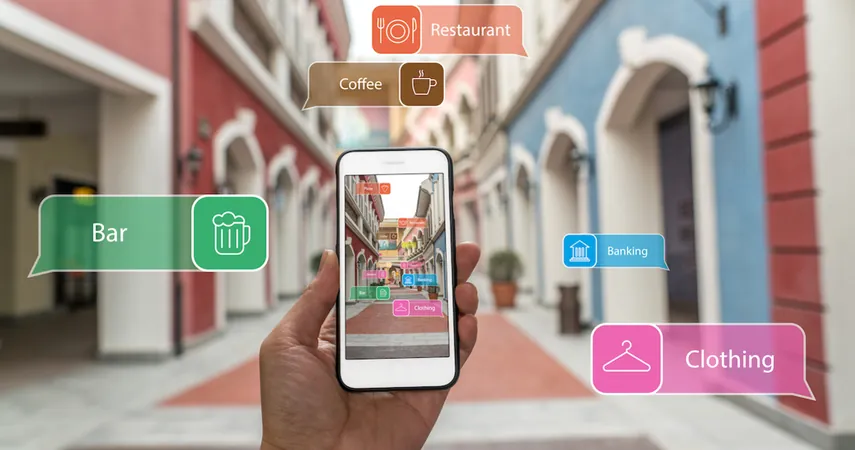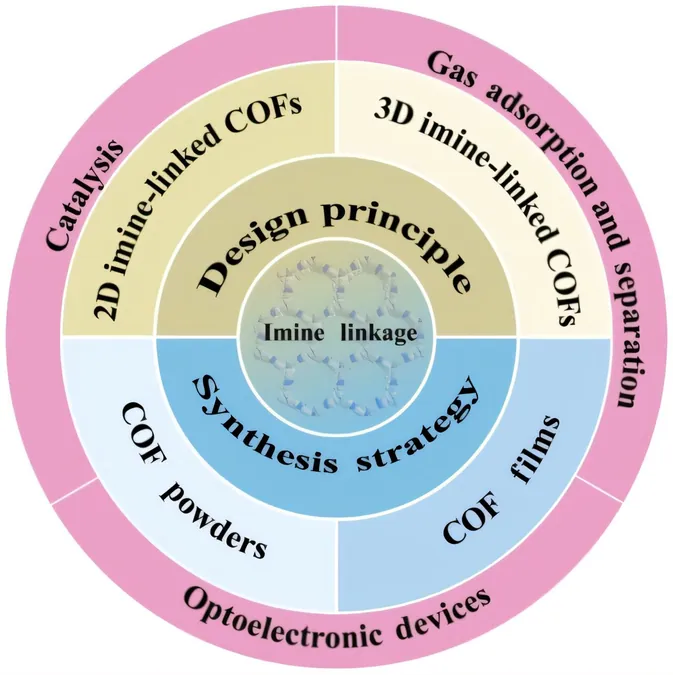
Google Unveils Android XR: A Revolutionary AI-Powered Extended Reality Platform!
2024-12-25
Author: Michael
In a groundbreaking move, Google has announced the launch of Android XR, its latest operating system designed to enhance user experiences with devices like headsets and smart glasses. This innovative platform promises to transcend the boundaries of virtual interaction by integrating advanced capabilities powered by Gemini, Google’s AI assistant. With Gemini at the helm, Android XR will efficiently decipher user intent, formulate plans, and offer step-by-step guidance through tasks, revolutionizing the way we interact with technology.
Built on Robust Foundations
Built on the robust foundations of the existing Android OS, Android XR leverages essential components such as ARCore, Android Studio, Jetpack Compose, Unity, and OpenXR. This synergy allows developers to create apps that seamlessly blend virtual environments with the real world. Picture this: watching YouTube videos on a massive virtual screen or displaying your favorite photos in stunning 3D. The potential applications are limitless!
Real-World Testing and User Engagement
As Google embarks on real-world testing with prototype glasses running Android XR, a select group of users will offer insights to refine these products while ensuring privacy is a top priority. The immersive Android XR experience will include 3D elements, spatial panels, and realistic spatial audio to create depth and realism, providing users with an unparalleled multi-sensory experience.
Introducing Android XR SDK
To empower developers in creating these next-generation applications, Google has introduced the Android XR SDK. This robust toolset opens up endless opportunities for crafting experiences that intermingle digital and physical worlds, utilizing familiar Android APIs and innovative open standards developed for Extended Reality.
Features of the Android XR SDK
A standout feature of the Android XR SDK is Jetpack XR, which integrates new XR-specific libraries, such as Jetpack Compose for XR, Material Design for XR, Jetpack SceneCore, and ARCore tailored for Jetpack XR. Additionally, the SDK supports the creation of applications built on popular platforms like Unity or WebXR.
Development with Android Studio Meerkat
Developers can utilize the Android XR SDK within Android Studio Meerkat, featuring a state-of-the-art Android XR Emulator. This emulator enables the use of a virtualized XR device, allowing developers to deploy and test apps crafted with the Jetpack XR SDK. Users can navigate the virtual 3D space using keyboard and mouse controls, enhancing the development process.
Dedicated Play Store for Android XR
Furthermore, Android XR will have its dedicated Play Store, housing apps specifically tailored for the platform, as well as existing Android apps that will be automatically adapted to the XR environment—no additional developer effort required!
Looking to the Future
This preview of Android XR is not just a technical milestone; it aims to inspire device creators and app developers to cultivate a vibrant ecosystem of innovative hardware and software. Interestingly, the first Android XR device is expected to hit the market in 2025, with Samsung leading the charge.
Get ready to escape reality and dive into a new world of possibilities with Android XR—where your digital dreams may soon become your tangible reality!









 Brasil (PT)
Brasil (PT)
 Canada (EN)
Canada (EN)
 Chile (ES)
Chile (ES)
 España (ES)
España (ES)
 France (FR)
France (FR)
 Hong Kong (EN)
Hong Kong (EN)
 Italia (IT)
Italia (IT)
 日本 (JA)
日本 (JA)
 Magyarország (HU)
Magyarország (HU)
 Norge (NO)
Norge (NO)
 Polska (PL)
Polska (PL)
 Schweiz (DE)
Schweiz (DE)
 Singapore (EN)
Singapore (EN)
 Sverige (SV)
Sverige (SV)
 Suomi (FI)
Suomi (FI)
 Türkiye (TR)
Türkiye (TR)